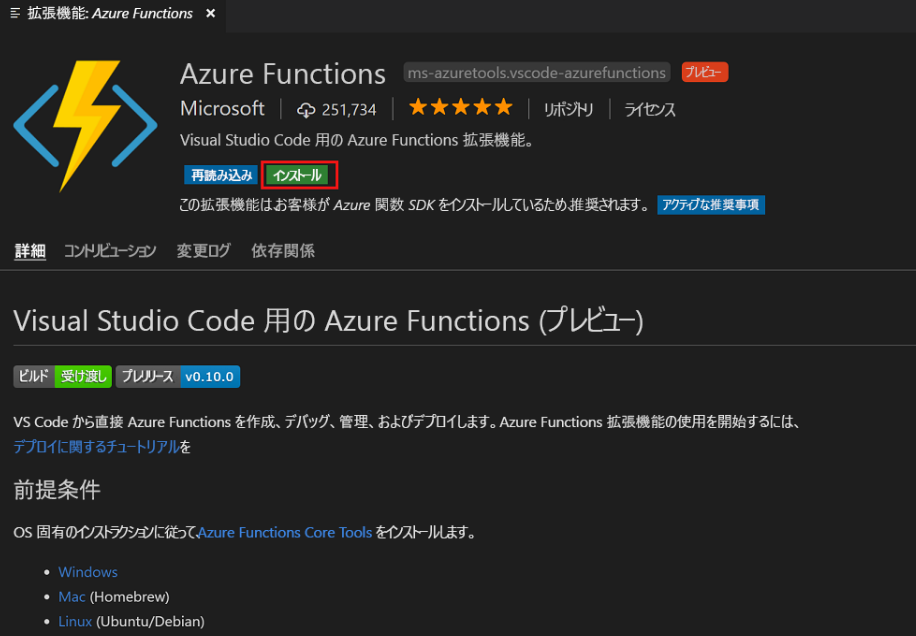- Node-RED is not restricted to raspberry pi by any means, and is often ran in a VM. It's been awhile, but if you can push JSON to brewpi like fermentrack does, I think that would do what you want. I don't recall exactly how that communication works, as it's been awhile since I was using fermentrack (now just use brewpiless as I am only.
- Install NVM, Node.js, Yarn via Homebrew. GitHub Gist: instantly share code, notes, and snippets.

MacOS Node version manager is a script to manage multiple active node.js versions. And I usually install most applications using homebrew. NOTE: install NVM with Homebrew is not officially supported. One very convenient way to install Node.js is through a package manager. In this case, every operating system has its own. On macOS, Homebrew is the de-facto standard, and - once installed - allows you to install Node.js very easily, by running this command in the CLI. Option 2 — Installing Node.js with Apt Using a NodeSource PPA. To install a different version of Node.js, you can use a PPA (personal package archive) maintained by NodeSource. These PPAs have more versions of Node.js available than the official Ubuntu repositories. Node.js v10, v12, v13, and v14 are available as of the time of writing.
Development is picking pace, and Node.js is shipping out a new version frequently. It is nice to have the latest version at hand in your development environment to test out new features.
There are a few ways to install Node.js. One of the obvious ones is to download the installer from nodejs.org. However, you might not want to be downloading a new installer every time there's a new version out.
Here are few alternative ways to update to the latest version of Node.js on a Mac.
Nvm
Nvm is a script-based node version manager. You can install it easily with a curl and bash one-liner as described in the documentation. It's also available on Homebrew.
Home Brew Shop
Assuming you have successfully installed nvm. The following will install the latest version of node.
Super mario?. The last option installs all global npm packages over to your new version. This way packages like mocha and node-inspector keep working.
N
N is an npm-based node version manager. You can install it by installing first some version of node and then running npm install -g n.
Assuming you have successfully installed n. The following will install the latest version of node.
Homebrew
Homebrew is one of the two popular package managers for Mac. Assuming you have previously installed node with brew install node. You can get up-to-date with formulae and upgrade to the latest Node.js version with the following.
MacPorts

Nodejs Homebrew Free
MacPorts is the other package manager for Mac. The following will update the local ports tree to get access to updated versions. Then it will install the latest version of Node.js. This works even if you have a previous version of the package installed.
Brew Install Npm
Asdfmovie 5. There also exists nodejs alternative to nodejs-devel that follows the long term support line.
